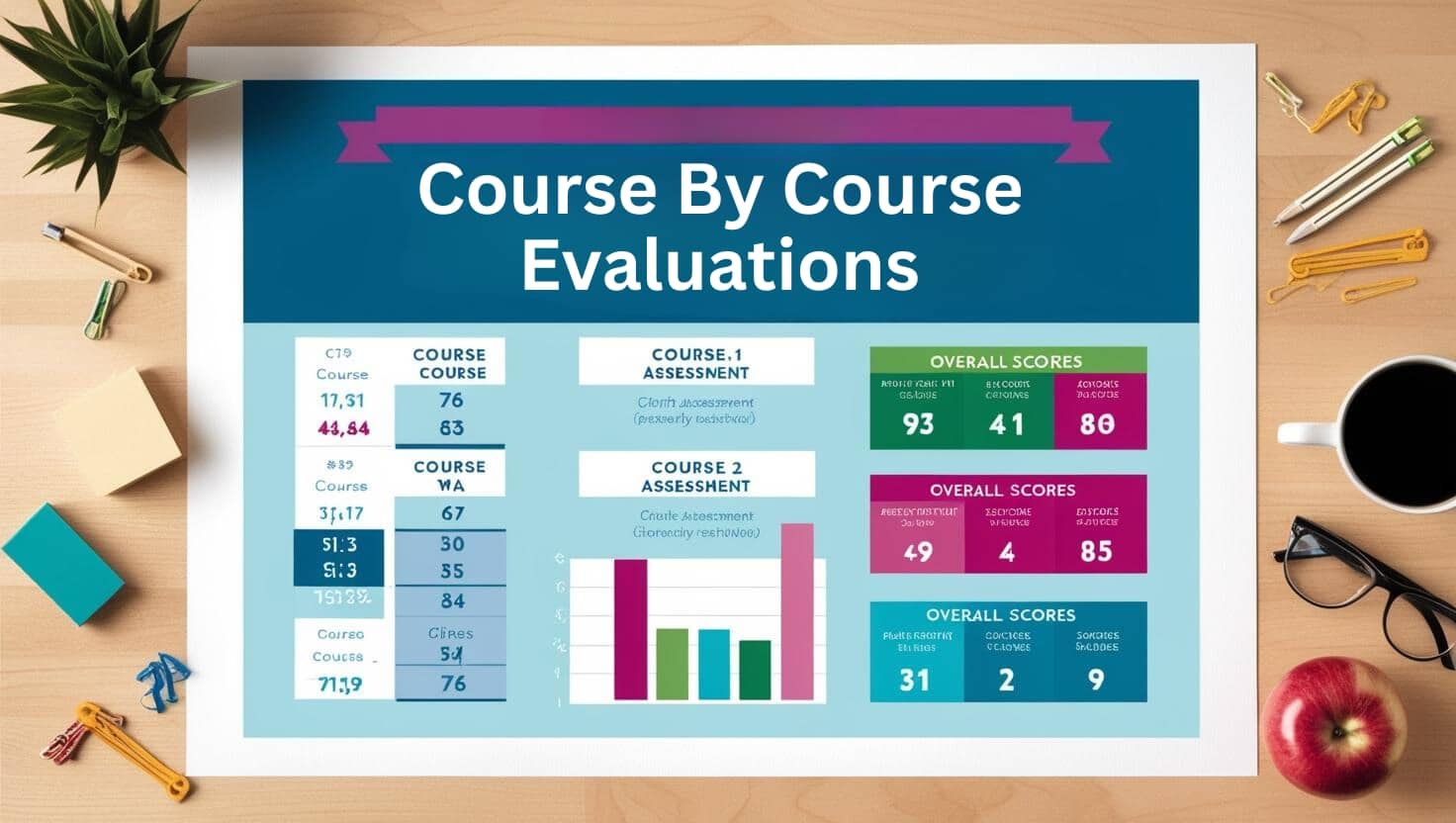Introduction
In an increasingly globalized world, the pursuit of global professions has actually become a typical aspiration for lots of professionals. As individuals look for opportunities beyond their native borders, the significance of evaluating work experience becomes paramount. The procedure of evaluating foreign work experience is not almost determining credentials but also about comprehending how these experiences align with regional industry requirements. This article looks into the intricacies of work experience assessment in the context of global careers, shedding light on numerous related elements such as scholastic credential evaluation, international credential evaluation services, and skilled viewpoint letters.
Beyond Borders: Assessing Work Experience for International Careers
When considering a profession abroad, experts often face the challenging task of having their previous work experiences acknowledged by potential companies. Examining this experience precisely needs a nuanced understanding of both local expectations and global requirements.


The Value of Work Experience Evaluation
Work experience evaluation plays an essential function in guaranteeing that people are evaluated fairly based upon their abilities and understanding rather than simply on their geographical origins. Companies are significantly searching for prospects who have appropriate skills that can be used within their organizational frameworks.
Key Advantages of Work Experience Evaluation
Enhanced Employability: Candidates with validated global work experiences can significantly boost their employability. Skill Recognition: Examination assists to recognize and confirm abilities gotten in different contexts. Cultural Competency: Understanding diverse work environment cultures can offer candidates with a competitive edge. Streamlined Immigration Processes: Accurate examinations may assist in smoother immigration procedures.Understanding Academic Credential Evaluation
What is Academic Credential Evaluation?
Academic credential evaluation involves examining the legitimacy and equivalency of educational credentials obtained from institutions outside one's home country. It acts as an important tool for employers, universities, and licensing bodies to figure out whether a candidate's credentials meet established standards.
Types of Academic Credential Evaluations
- Course-by-Course Credential Evaluation: This detailed form assesses each private course taken by the prospect, providing insights into particular academic performance. General Credential Evaluation: A more comprehensive assessment that focuses on total academic credentials without diving into course specifics.
Why is Academic Credential Examination Important?
Employers frequently prefer prospects whose educational backgrounds align carefully with local standards. An academic credential examination supplies assurance relating to the quality and relevance of foreign degrees or diplomas.
International Credential Examination Services
What are Global Credential Examination Services?
These services specialize in examining foreign credentials to guarantee they meet regional requirements. They play an important role in helping individuals browse complicated educational landscapes when seeking jobs or more education abroad.
Leading International Credential Assessment Services
- Educational Credential Evaluators (ECE) World Education Solutions (WES) International Education Critics (IEE)
How to Choose the Right Service Provider?
When picking an evaluation service:
Check their accreditation status. Review client reviews and success stories. Understand their turnaround times and costs involved.Course-by-Course Credential Evaluation Explained
Detailed Breakdown of Course-by-Course Evaluations
A course-by-course credential evaluation supplies specific information about each course completed throughout a person's education, including grades earned and credit hours achieved.
Benefits of Course-by-Course Evaluations
- Allows companies to see precise academic performance. Helps scholastic institutions identify transfer credits accurately. Provides detailed insights into a candidate's understanding base.
When is a Course-by-Course Evaluation Necessary?
This type of examination is frequently required when obtaining graduate studies or specialized professional licenses where specific coursework is mandated.
Work Experience Evaluation Process
Steps Associated with Work Experience Evaluation
Evaluating work experience typically includes numerous key steps:
Gathering documentation from previous employers. Providing task descriptions that articulate roles and responsibilities. Obtaining recommendations from supervisors or colleagues who can vouch for your contributions.Documentation Needed for Work Experience Evaluation
- Letters from previous companies detailing job roles. Performance examines highlighting achievements. Any appropriate certifications or awards gotten during employment.
Role of Professional Viewpoint Letters in Work Experience Evaluation
An expert viewpoint letter can work as a reliable endorsement validating an individual's abilities and experiences within a specific field or industry.
The Role of Organization Plan Evaluations in Career Development
What is Service Strategy Evaluation?
Business plan examinations assess the viability and possible effect of company ideas developed by professionals wanting to develop themselves internationally.
Importance of Service Strategy Assessments for Entrepreneurs Abroad
Entrepreneurs seeking to introduce endeavors overseas can benefit tremendously from evaluations that use vital insights into market viability, competitors analysis, and financial projections.
Cultural Factors to consider in Work Experience Evaluation
Understanding Cultural Differences in Work Environments
Every nation has its unique office culture which can influence how work experiences are perceived by local employers.
Adapting to New Cultural Norms in Professional Settings
Being aware of cultural subtleties boosts interaction, fosters better team effort, and eventually leads to more efficient partnership within multinational teams.
FAQs About Assessing Work Experience for International Careers
1. What documents are usually required for work experience evaluation?
You will generally need letters from previous employers, task descriptions detailing your roles, referrals from coworkers or managers, performance reviews, and any relevant certifications you might have made during your employment period.
2. How long does it require to get my qualifications evaluated?
The time required for credential examinations varies depending on the service provider you choose; it could range anywhere from a few days to numerous weeks based on their workload and your particular needs.
3. Can I appeal if I disagree with my evaluation results?
Yes! The majority of trustworthy assessment services provide an appeals procedure where you can object to findings if you think there was a mistake or oversight during the assessment phase.
4. Is it essential to have my scholastic qualifications evaluated if I have comprehensive work experience?
While comprehensive work experience may sometimes compensate for lacking formal education credentials, lots of companies still require evidence through evaluations to comprehend your academic https://gregorytkuw732.almoheet-travel.com/opening-opportunities-with-academic-credential-evaluations-1 background fully.
5. What impact does cultural proficiency have on global profession prospects?
Cultural proficiency boosts communication effectiveness throughout varied teams while cultivating much deeper connections amongst coworkers-- this trait is highly valued by worldwide companies going for inclusive workplaces.
6. Exist any risks connected with using unaccredited credential evaluators?
Yes! Making use of unaccredited services poses significant risks as they may provide unreliable assessments which could jeopardize your opportunities at obtaining work or furthering your education successfully abroad.
Conclusion
Navigating global professions necessitates cautious factor to consider around how one's work experience is examined across borders. With correct understanding-- varying from academic credential evaluations through professional opinion letters-- individuals can successfully communicate their value to prospective companies worldwide. By acknowledging not only official certifications but also experiential knowing got through varied workplace, aspiring professionals can genuinely go beyond borders on their profession journeys.
This article describes significant aspects concerning evaluating work experiences worldwide while stressing crucial elements like academic credential examinations and expert viewpoints essential for achieving success abroad at every stage-- from application processes all the method through protecting significant positions aligned with individual competence within global markets today!